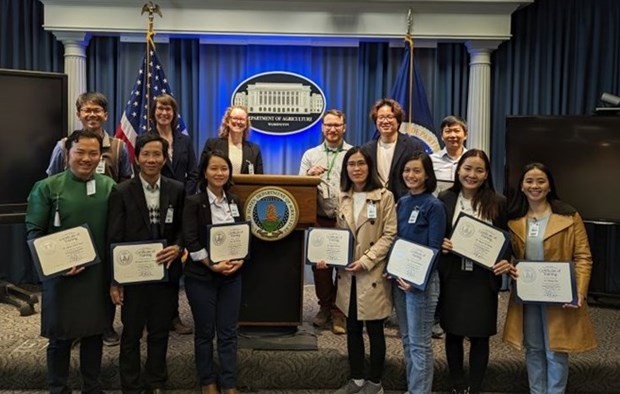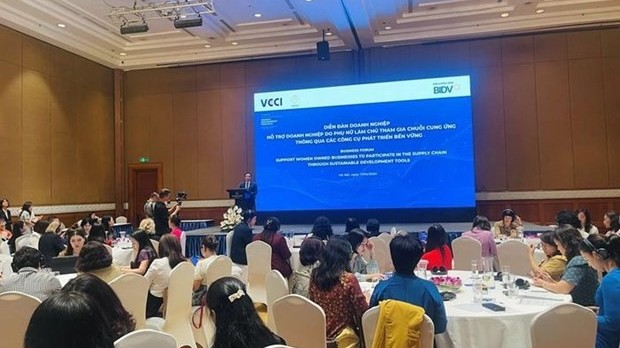
Overseas graduates energies tech startups in Vietnam: Nikkei Asia
Latest
Nikkei Asia reported that Vietnam has long sent far more students overseas than its neighbors, and these students gain skills and networks that prove valuable upon return.
 |
| Many technology talents have been returning to Vietnam after studying abroad, helping fuel not only domestic electronics supply chains but also the fast-growing digital economy. (Source: VNA) |
More than two decades of study-abroad programs are bearing fruit. Early cohorts have had time to graduate and go to work – often in foreign countries – and now bring that experience to bear in Vietnam at a mature point in their careers. During that time, the country has worked to become a more attractive destination. High-tech goods as a share of exports, for example, hit 42 per cent in 2020, up from 13 per cent in 2010, the Japan-based news magazine wrote.
UNESCO data show that Vietnam tops Southeast Asian countries in the number of overseas students, followed by Indonesia, Malaysia, Thailand, and the Philippines. Meanwhile, it has ranked among the top 10 sources of international students in the US for more than a decade.
The number of Vietnamese students at US universities and colleges increased 5.7 per cent to 21,900 in the 2022 - 2023 school year. Vietnam remains in fifth place among the top sources of international students in the North American nation. Science, technology, engineering, and maths (STEM), along with business/administration are still the programs Vietnamese students enroll in most, respectively at 47.6 per cent and 24. per cent, according to the US Open Doors Report 2023 of the Institute of International Education (IIE).
The Vietnam Education Foundation (VEF), launched in the US by its Congress, has granted hundreds of scholarships to Vietnamese students and scholars.
Nikkei Asia cited an investor and Stanford alum as saying that the fund is a key example of investments now paying off as alumni have come of age and established themselves in Vietnam's economy.
VEF scholars have gone on to found startups such as the machine-learning vendors Palexy and Zalo, which are more popular in Vietnam than Facebook. More generally, many graduates of Harvard and Cambridge have come home to lead all manner of tech companies, including Tap Tap – a rewards platform, Uber Vietnam, and the logistics startup Abivin.
However, there remain a lot of challenges to the workforce and the economy.
In several ways, performance has not kept up with potential. Besides, suppliers for Apple say they can't find enough engineers. The country has yet to generate a startup that, like Indonesia's Gojek or Singapore's Shopee, truly can take its brand across borders, Nikkei Asia reported.





















